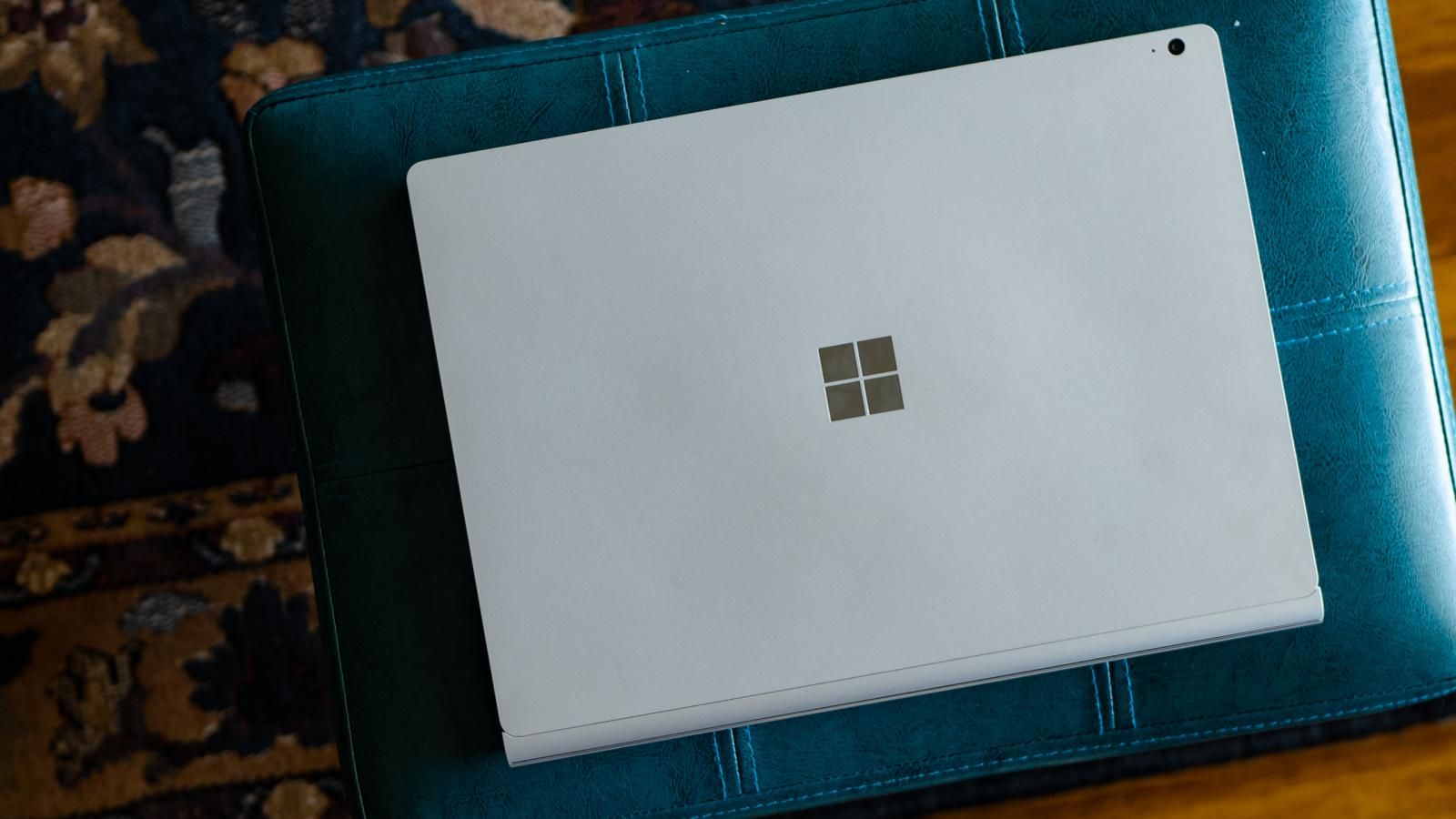In what can be called the precursor for a major industrial shift, Microsoft is reportedly designing its own custom chips that will be used for its upcoming Surface family of PCs as well as cloud servers. As per a Bloomberg report, Microsoft is relying on chip designs from ARM to come up with a custom chip that will power the server computers which are a part of the company’s Azure cloud computing system. The report also adds that Microsoft is ‘also exploring using another chip that would power some of its Surface line of personal computers.’
Is Microsoft walking in Apple's footsteps?
Now, Microsoft is not entirely new to this game. The company has already worked with Qualcomm in the past to design the SQ1 and SQ2 processors that power the first-gen and second-gen Surface Pro X respectively. Additionally, the company also joined hands with AMD to equip the Surface Laptop 3 with a processor it calls the AMD Ryzen 5 / Ryzen 7 Microsoft Surface Edition. However, the Bloomberg report signals something entirely different for Microsoft, but a move that sounds similar to what Apple did with its in-house M1 chip for Macs.
At this point, details are slim regarding Microsoft’s self-designed ARM-based processors for its server computers and future Surface hardware. However, it won’t be surprising at all. With Apple already catalyzing the trend of having more control over hardware and software to maximize the performance of its computing machines, it seems only natural that Microsoft would want to replicate the same formula with a reasonable amount of success.
A tough road ahead for Microsoft
While Apple’s switch from Intel to in-house silicon has reaped handsome benefits in terms of massive performance gain, the main victory was an almost seamless transition from x86-based software ecosystem to ARM-based apps, thanks to the robust Rosetta 2 emulation layer. However, Microsoft has failed to replicate the same success with the Windows on ARM platform, something that kept an excellent machine like the Surface Pro X from truly shining, primarily due to sub-par performance of apps running in emulation and total lack of 64-bit apps. It was only last week that Microsoft finally launched x64 emulation – that too in preview for now – to fill that app gap.
Intel stands to lose the most
Microsoft’s success with a custom-designed chip for Surface PCs will only materialize in the presence of truly robust apps that doesn’t lack in performance if they are running in emulation, of if they have been compiled (or recompiled) natively based on ARM instructions. However, Intel appears to be the party that will lose the most, with the companies behind two of the world’s most dominant operating systems moving away from Intel processors to their own ARM-based silicon. Plus, the meteoric rise of AMD and the emergence of always-on PCs powered by Qualcomm silicon are not making things for Intel either.

